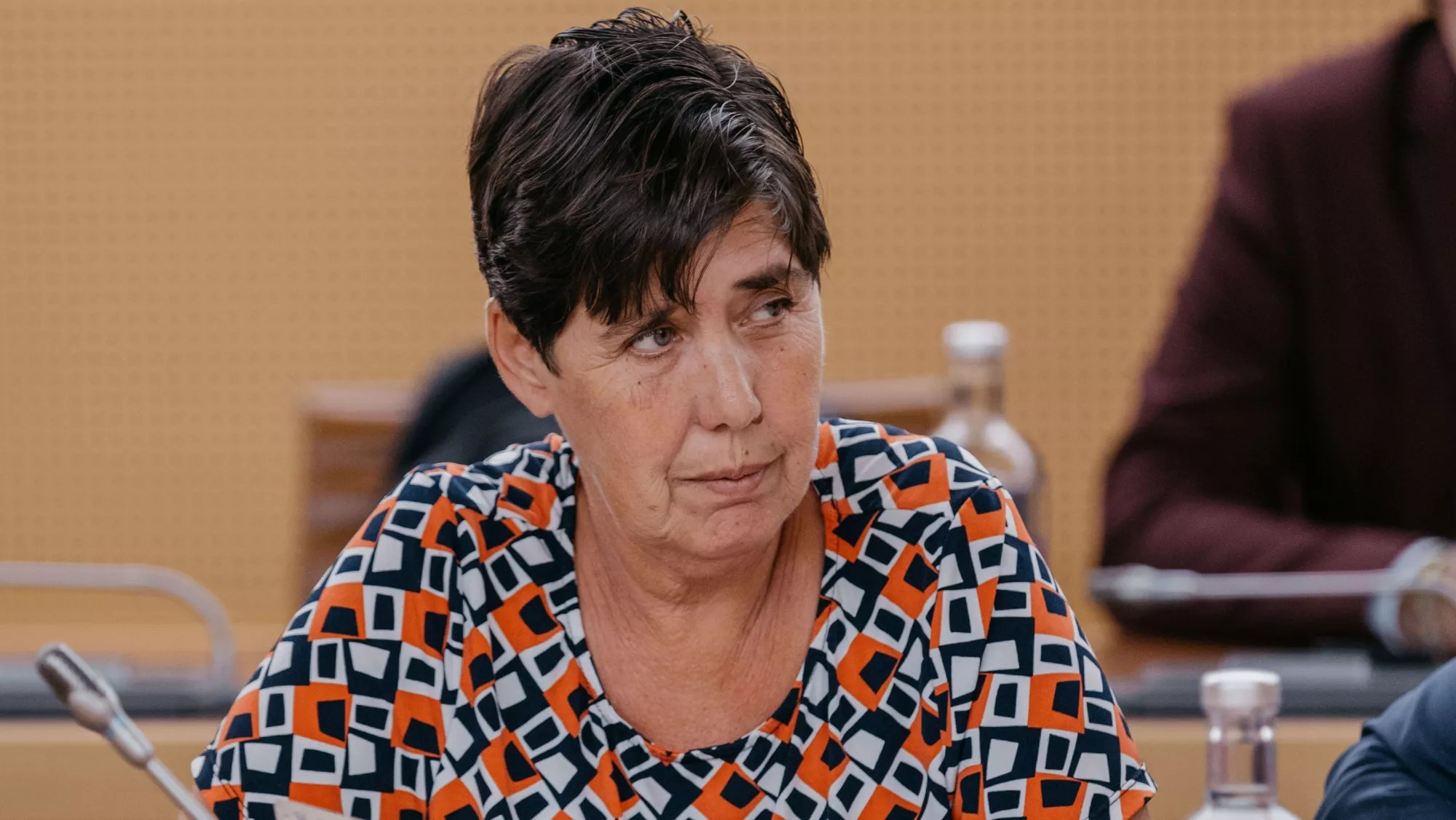
He proposes a “living” tax relief plan and criticizes that the Government remains “idle by” in the face of the increase in the cost of living
SANTA CRUZ DE TENERIFE, 1 Apr. (EUROPE PRESS) –
The Popular Party (PP) candidate for the Presidency of the Government, Manuel Domínguez, proposes to “de-legislate” the Canary Islands and “slim down” the public administration in order to make it more “agile” and gain efficiency.
In an interview with Europa Press, he is in favor of the land laws and green islands, which he will not touch if he accedes to the Government and has a parliamentary majority, and focuses, instead, on the climate change law approved in this legislature.
In his opinion, this law “comes with a collection effort, it comes up against the land law and slows down administrative management”, while specifying that there cannot be “three laws” for tourism, for which he proposes ” combine criteria and bring everything under a single umbrella” that allows “faster decision-making”.
Domínguez insists that “if there were fewer laws, certain existing laws would be combined” and “more laws would not be created against each other”, fewer human capital resources would be needed and therefore public management would be facilitated.
Regarding tourism, he comments that anything that means “loss of value or competitiveness for tourism in the Canary Islands that does not have the PP”, which is why he rejects outright the creation of an eco-tax, a moratorium or the “anti-tourism messages” that They have been heard in Parliament and in some Cabildo.
Along these lines, it also rejects limiting the purchase of housing to foreigners because it links the lack of houses for the resident population to the “inaction” of the Canarian administration “for many years”, including this legislature, when the rental price “shoots up”. and it has only been thought of in the long term, in the construction of public housing, when the purchase and adjudication of finished and semi-finished housing should also have been promoted.
As an economic recipe, Domínguez advocates a tax relief plan that is “alive” and adapts to the circumstances of each moment, since the Canarian Government raised all taxes in 2019 “and left them there, it does not matter if you collect more or less or there is a sector that is having a bad time or not”.
Thus, it points out that the Government cannot “sit idly by” and have a “rigid” tax structure when many families do not make it to the end of the month and for this reason it proposes that the general rate IGIC immediately drop from 7% to 5 %, that there be a real deflation of personal income tax, promote self-employment by lowering taxes, lower canned goods to 0%, that the inheritance tax be reduced to 99% or that of wealth is eliminated, among others.
Domínguez points out that the Government “is failing” in the fight against inflation and although the figures for unemployment and Social Security affiliates are good “the Canaries live worse with a job that does not help them make ends meet.”
The president of the popular Canary Islands assures that lowering taxes “does not diminish” the provision of services because the underground economy can emerge and therefore incomes rise and “if there is money left over” it is about trying to “balance the balance” until lower taxes “to such a level that there is no money that has to be deposited in banks and is in the pocket of citizens”, apart from the fact that lower taxes “attract investment”.
“It is a mantra to say that by lowering taxes you collect less, you must collect what is necessary, not collect for the sake of collecting,” he points out.
THE “GREAT FAILURE” OF TORRES IS HEALTH
Regarding the management of the ‘Pacto de Las Flores’, he comments that it is “indisputable” that “the great failure is healthcare”, with 480 people living in hospitals with medical discharge and people treated in ambulances because “there is no room” in the emergencies.
“There is a solution, I am not throwing in the towel,” he stresses, stressing that “the socio-sanitary part must be united with the sanitary part” to, among other things, free up hospital beds, create a single management because “it cannot be” that for the same operation “there is a different waiting list” depending on the place where the patient lives and undertake infrastructure works.
Questioned by the agency, he points out that the Government has made “a very serious mistake” and that it is considering that “it is a statistic” that has to improve “and for this it gives insufficient help that makes it leave the system or reduce the list of wait and then be able to boast of something that has not been achieved”.
In his opinion, in dependency it is necessary to have enough day centers, socio-sanitary and relevant help so that dependent people in homes are cared for and help make the assessment much more agile.
Domínguez insists that “there is no problem of resources, the Canary Islands do not have a problem of economic resources, they have a serious management problem” and regrets that “opportunities are being lost” because there is no capacity to spend public resources.
However, it does not propose large infrastructure projects but rather “supply actions that have not been carried out” in the last four years such as roads, in coordination with the councils, trains in Gran Canaria and Tenerife and sanitary and socio-sanitary works.
















